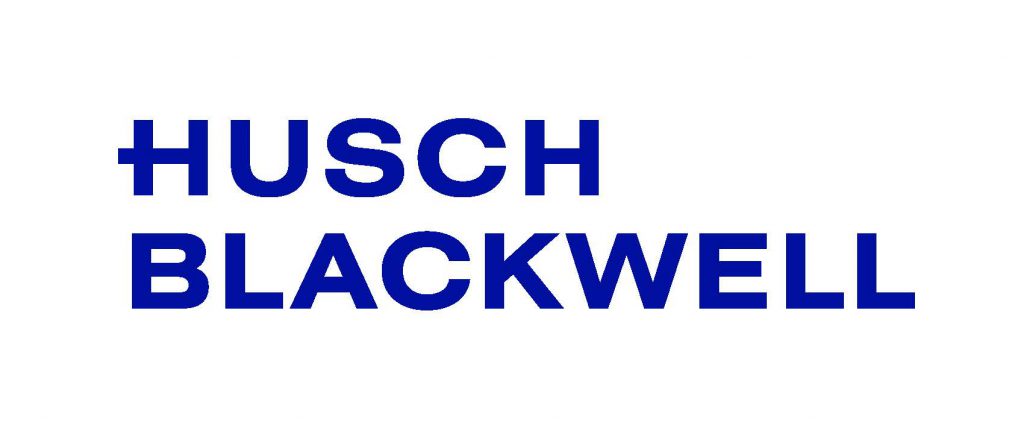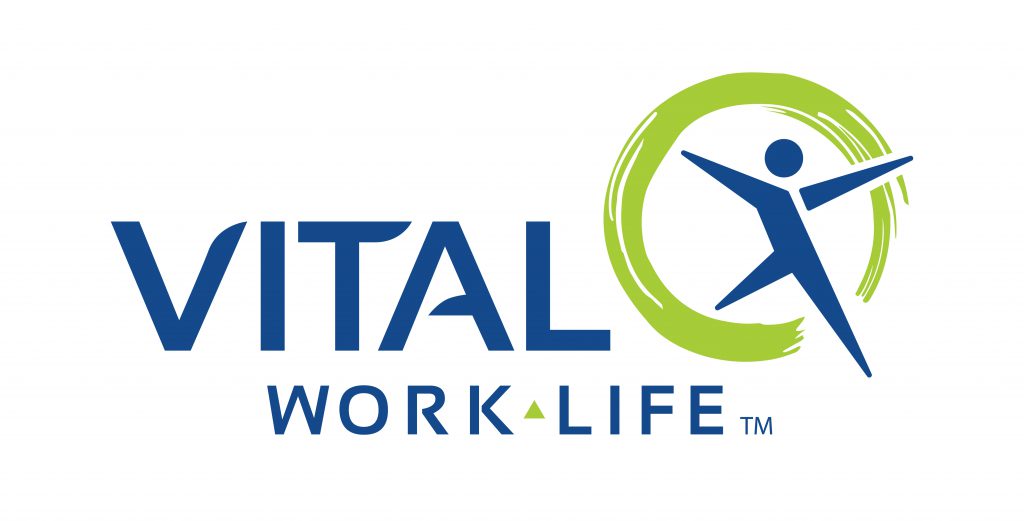Today, hospitals are struggling to hold onto their outpatient business in the face of new competitors that have the scope and technological capability never before seen in healthcare.
UnitedHealth/Optum and CVS Health/Aetna are aiming to unbolt outpatient business from legacy hospitals. Amazon, Apple and Google are investing heavily in healthcare from numerous angles, looking for the most effective entry points to care and services. Hospital organizations are doing what any company would do when confronted with a highly disruptive environment like this: They are trying to gain the financial and intellectual resources to compete in a new world.
Hospitals are making this transition in the face of a difficult financial reality. Moody’s Outlook for 2019 projected that revenue growth for hospitals would continue to decline under pressure from weak inpatient volume and low reimbursement payments. At the same time, expenses would continue to grow faster than revenue. In this situation, the normal response of any company in any industry would be to seek scale in an effort to meet this new level of competition and adjust to a emerging business model. That is exactly what is happening among hospital stakeholders. “Bulking up” is a logical response.
Organizations need to grow along with everyone else. Scale will help ensure that America’s hospitals can keep pace—that they can continue to build on their deep community connections, expertise treating the full range of health conditions and history of serving our most vulnerable populations.
Scale will be critical, but it is not an end in itself. Scale is a means to gain intelligence—to get the best intellectual capital, to tap information about a vast group of people, to test new ideas and then to scale those ideas. Nevertheless, scale is the platform that will allow hospitals to acquire the resources—such as more working and intellectual capital, and significant digital capabilities—to compete in this brand new healthcare marketplace.
—Adapted from “Why Hospitals Must Seek Scale,” by Kenneth Kaufman, KaufmanHall.com, Dec. 20, 2018.











